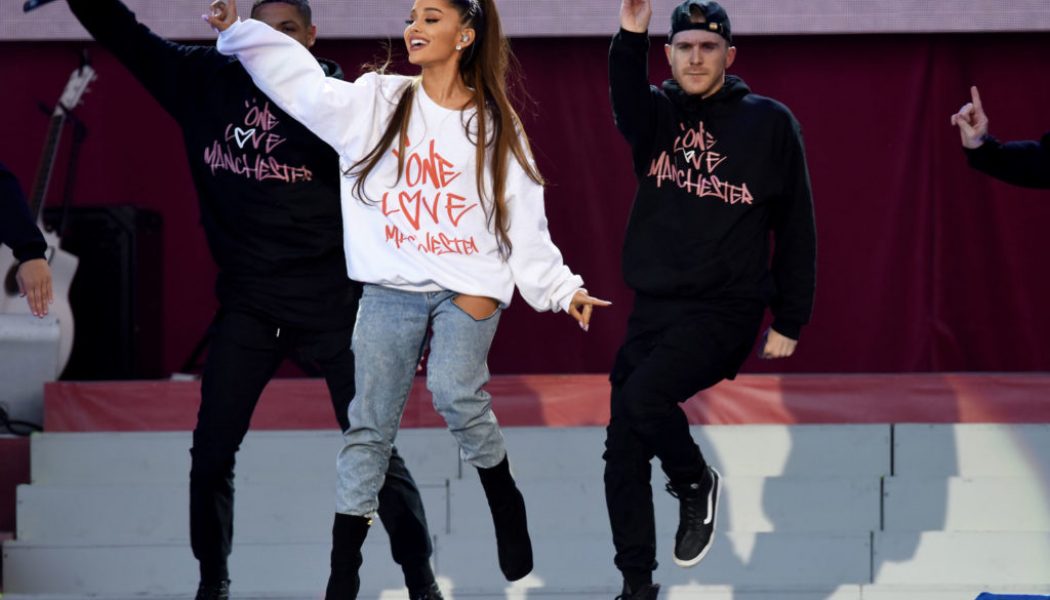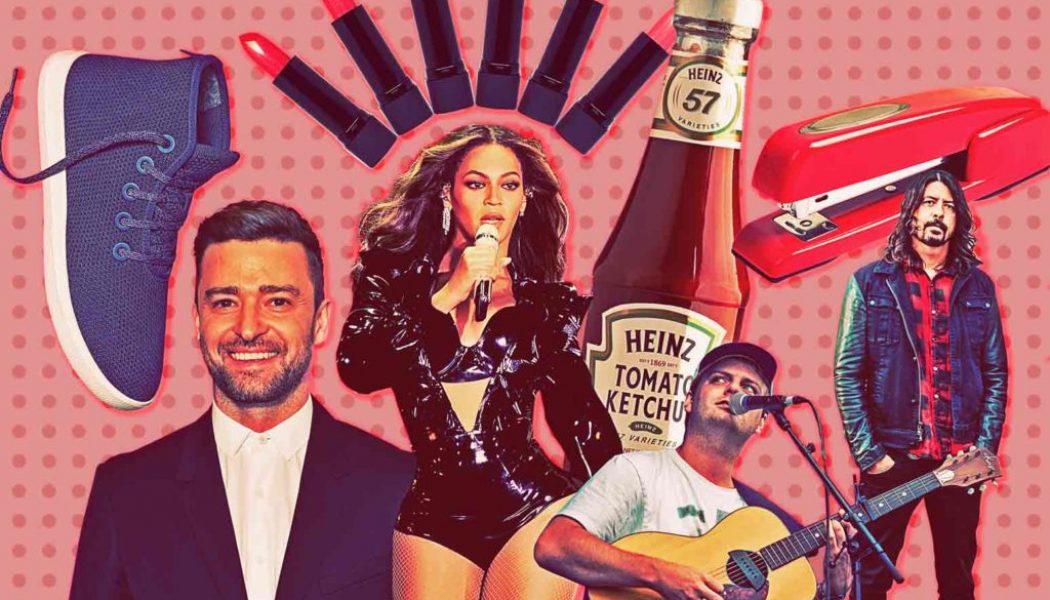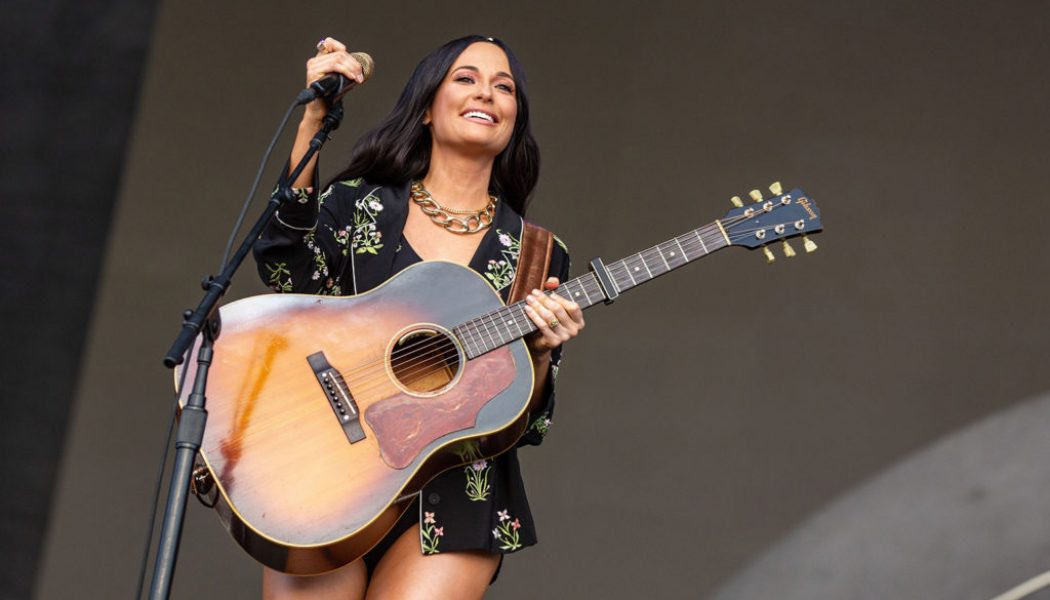Maximizing Merch
This Tech Start-Up That’s Using AI To Combat Counterfeit Merch Online
Stopping the e-commerce sales of knockoff T-shirts and other memorabilia on Amazon, eBay and other major platforms is a game of whack-a-mole, but CounterFind, which was co-founded by former Dallas Cowboys safety Darren Woodson, has become an effective hammer for the music industry When a suicide bomber killed 22 people and injured hundreds following an Ariana Grande concert at the Manchester Arena in England in May 2017, the singer and her agent wasted no time in setting up a June 4 One Love Manchester benefit concert — with a lineup that included Katy Perry, Justin Bieber, Coldplay and Miley Cyrus — to aid the victims and their families. And counterfeiters wasted no time in knocking off the merch that was sold as part of the fundraiser. Bootlegged T-shirts, hats, stickers and other produc...
Know Thy Customers: How Shopify’s Analytics Are Changing the Game
Everyone wants to work with the site that is growing artists into brands — and informing how the merch industry can grow, too What do fans of Beyoncé, the Foo Fighters, Lauv and Mac DeMarco secretly have in common? Though they’d never know it, they all order their merchandise through the same Canadian e-commerce company, Shopify. The 14-year-old Ontario-based business has grown into a global giant over the last six years since it launched Shopify Plus, the enterprise version of its software. Smooth setup — and robust data — make it a favorite of not just the music industry, but retailers like Staples, Heinz, Allbirds and more. It’s a Wall Street favorite as well. In 2019, Shopify hit $1.6 billion in total revenue, a 47% year-over-year increase, and during the pandemic, its stock price has ...
These Artists Are Moving Merch In A World Without Concerts
From puzzles to sweatpants to a unisex fragrance, artists are maximizing online merch sales for fans shut in by the pandemic Perusing the more than 275 artist storefronts at online retailer Hello Merch is like visiting a music merchandise wonderland: Diet Cig is selling branded playing cards, Tori Amos has turned T-shirts into handmade face masks, and Low Cut Connie is offering an all-natural fragrance, among other unusual finds. The choices haven’t always been as wide-ranging. Prior to the pandemic, merch was “second, third or fourth on artists’ minds,” says Mike Lentz, who handles artist relations for Hello Merch. But now, “they’re worried about getting through their tour, playing shows every night [and are] too busy to have the time to deal with it.” A T-shirt will never replace a conce...
StockX: Merch’s New Billion-Dollar Player
How a sneakerhead site created a secondary market for some of music’s biggest stars — and how they can deal themselves in When The Weeknd’s fourth album, After Hours, debuted at No. 1 on the Billboard 200 in March, merchandise was at the heart of the biggest first sales week of 2020 to date. Over half of the total 444,000 album equivalent units — 275,000 — were album sales, according to Nielsen Music/MRC Data, spurred on by merch and ticket bundles, with The Weeknd packaging After Hours with more than 80 items. Fans could buy the album alongside everything from hoodies, T-shirts and face masks to flasks, playing cards and ash trays, most available for just 24 hours. But for those who failed to act before that 24-hour window slammed shut, within a day many of the items were available for sa...







